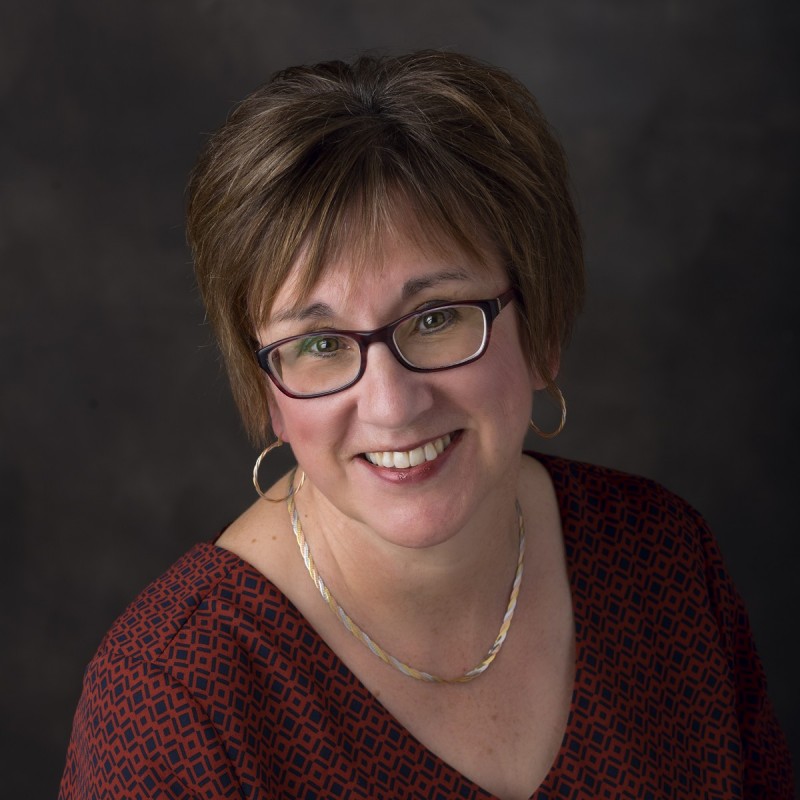Farm women are the unsung heroes of the growth and prosperity of the Western provinces, and they’re not often recognized for their contributions,” declares author Gaylene Dutchyshen. Such is the case with the female characters in her debut novel, A Strange Kind of Comfort.

- A Strange Kind of Comfort
- Gaylene Dutchyshen
- Dundurn
- $22.99 Paperback, 336 pages
- ISBN: 978-14-59745-45-2
Replete with secrets, betrayal, and loss, the novel involves three generations of women in the fictional Manitoba town of Ross Prairie. The story revolves around a long-standing feud between the Webbs and the Bilyks, farmers who live adjacent to each other.
According to Dutchyshen, the novel began as a short story she wrote for a creative writing course at university. The story told of a young woman trapped in an unhappy marriage on a Manitoba farm in the 1950s. At the end of the course, Dutchyshen’s fellow students included the story in a chapbook anthology they published.
“They were intrigued by the character of Caroline Webb and wondered what became of her. I then realized that her story was a novel,” says Dutchyshen.
The alternating stories of Caroline Webb and Sarah Bilyk hopscotch back and forth between 1957 and 2016 in this four-part novel. At the outset, Caroline moves into the same nursing home as Sarah’s father, thus introducing readers to the conflict between the families. The remainder of the narrative sheds light on the complex, intertwining backstories and relationships of the characters, including the circumstances surrounding the feud.
Dutchyshen herself has first-hand experience with rural life, and she writes about it with passion. She grew up in Gilbert Plains, Manitoba, and when she married a farmer, she continued to live in the same municipality.
“As a result, many of the farm-related scenes and certainly the prairie landscape draw from my background,” she says. “I also wanted the characters to reflect the demographic of small towns in Manitoba, specifically in the Parkland region, which was settled by both Anglo-Saxon and Ukrainian immigrants.”

In fact, one of the novel’s most endearing characters is Baba, Sarah’s grandmother, who is a chudesnytsia or healer. “Baba provided a link to my own Ukrainian heritage,” states Dutchyshen. “I wanted to write about the wax reading tradition and tie her old-world views and values to Sarah in the present day.”
Writing fiction allows Dutchyshen to get carried away to another place and time; she loves creating strong, resilient characters and giving them flaws and weaknesses. She wanted to tell a story about two women from different generations who are bound to similar circumstances but whose lives turn out very differently.
As she describes, “The novel is about forgiveness, about holding on to pain and heartache, sometimes without reason, and ultimately letting it go.”
Dutchyshen feels that her novel will appeal to women of all ages because it is a reflection on motherhood and the bonds between women. She also claims that anyone who has some connection to the land will relate to her novel.
“Nearly everyone,” she says, “is only one or two generations removed from someone who has worked and loved the land.”













